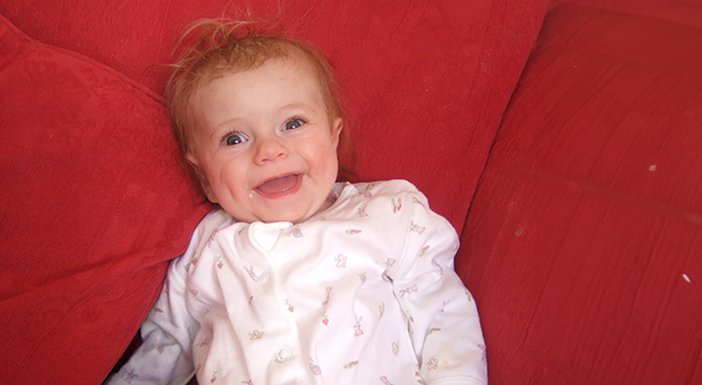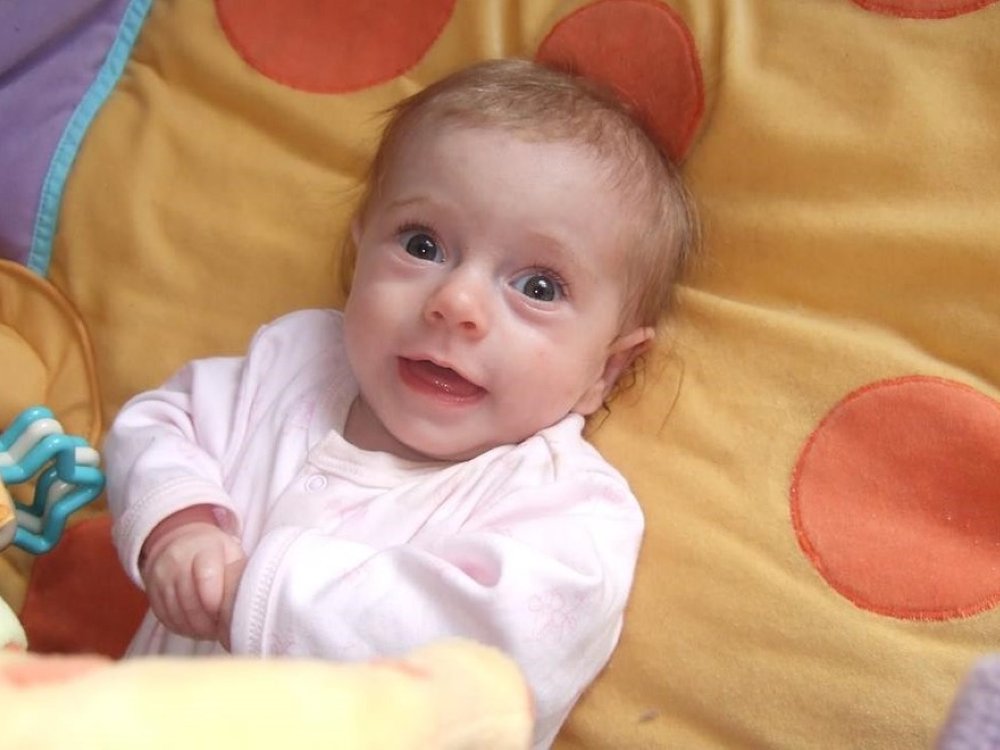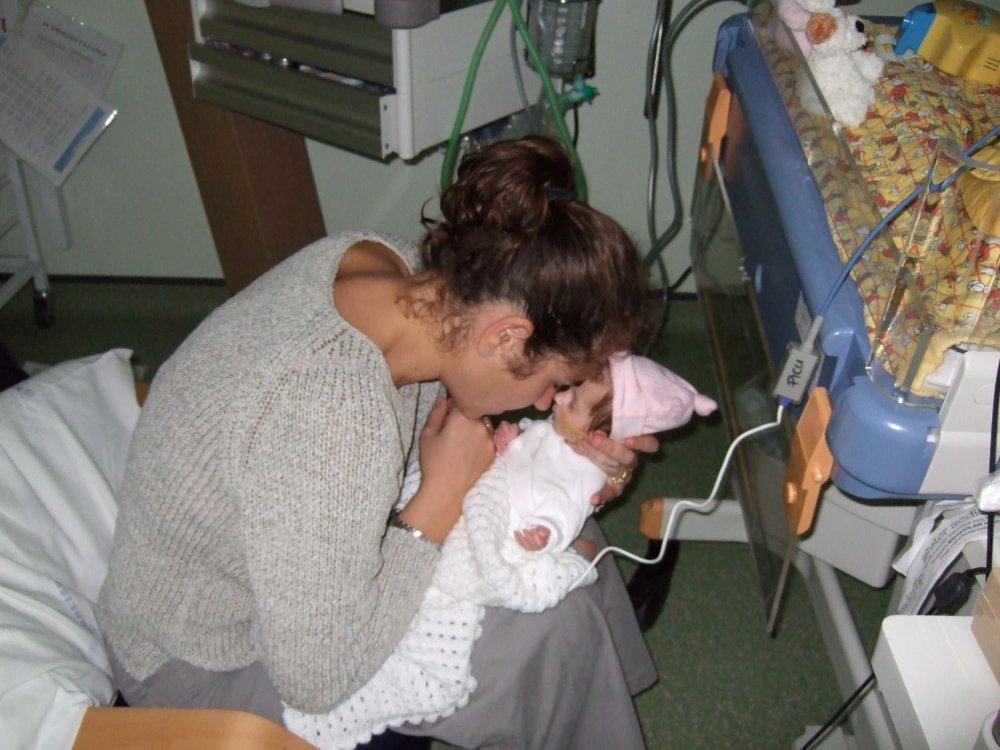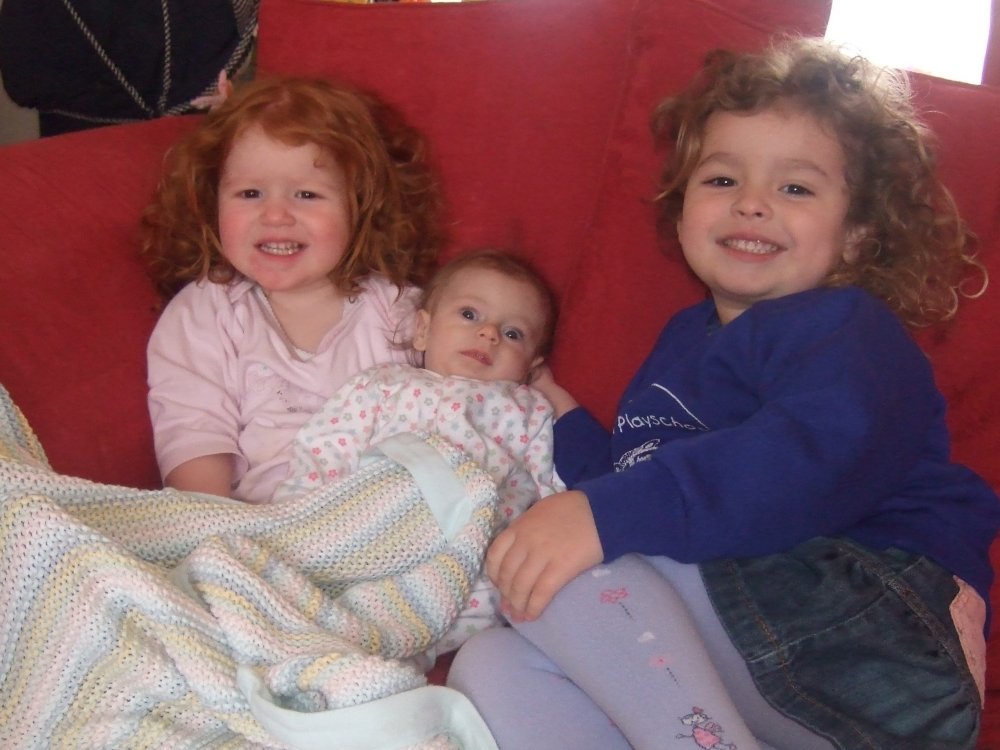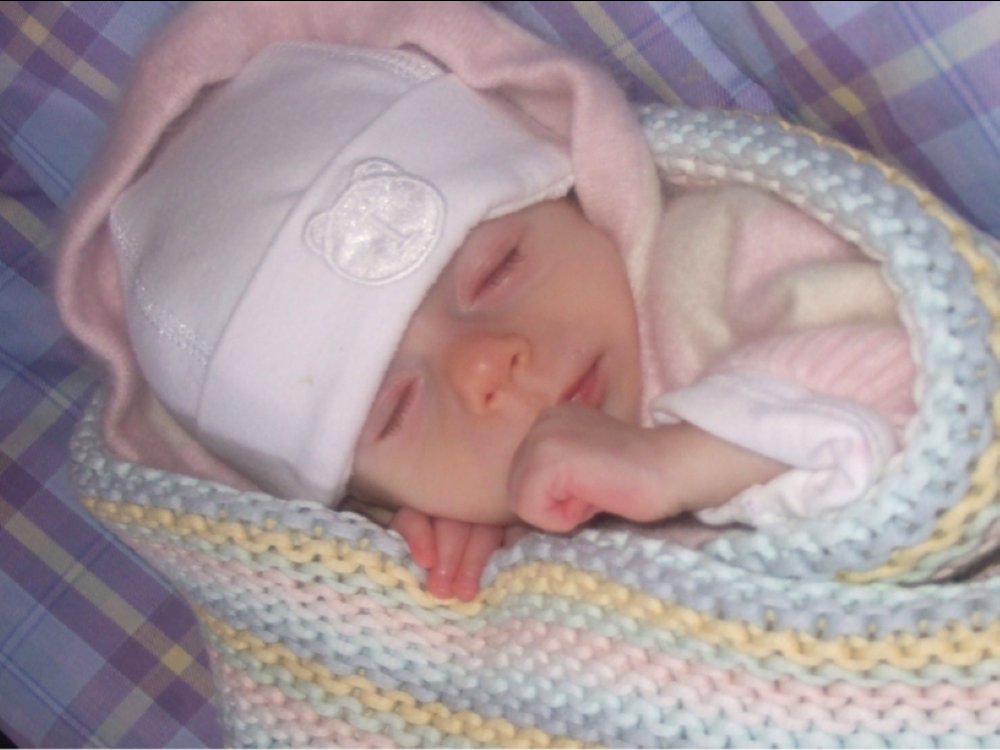Thank you
We owe a deep debt of gratitude to the incredible medical teams who cared for Lily throughout her short but impactful life. Their dedication, skill and compassion made an immeasurable difference – not only in Lily’s journey but also in ours as her parents.
The vital role of medical expertise
Despite the devastating loss of Lily, we know how fortunate we were to have had time with her. Without the intervention of these medical professionals, her death could have been tragically misinterpreted. If she had passed away during the seizure while I was shopping, it might have been recorded as a cot death. Similarly, on the day she required mouth-to-mouth resuscitation in the back of a taxi, it was the quick thinking and expertise of the accompanying nurse that kept Lily alive.
On the night of her cardiac arrest, it was a team of remarkable doctors who worked tirelessly to save her life, giving us the gift of more time to be with her. Their efforts allowed us to bring Lily home and experience moments of joy and connection as a family.
Once Lily’s diagnosis of mitochondrial disease was confirmed, the care and support continued. Our paediatric consultant from East Surrey made regular home visits, bringing us reassurance, hope and strength when we needed it most. These visits gave us the courage to navigate Lily’s condition with as much peace as possible.
The metabolic team at Evelina Children’s Hospital also became a vital source of guidance. Their expertise and willingness to provide answers, advice and emotional support were invaluable. Even now, their ongoing availability to assist other families affected by mitochondrial disease is testament to their unwavering dedication.
The skill and professionalism of these medical teams gave us more than just time to spend with Lily – it gave us understanding. We had the chance to learn about Lily’s condition, to know that her death was not caused by something we did or didn’t do. That knowledge has been a cornerstone of our healing and has inspired us to create The Lily Foundation in her memory.


